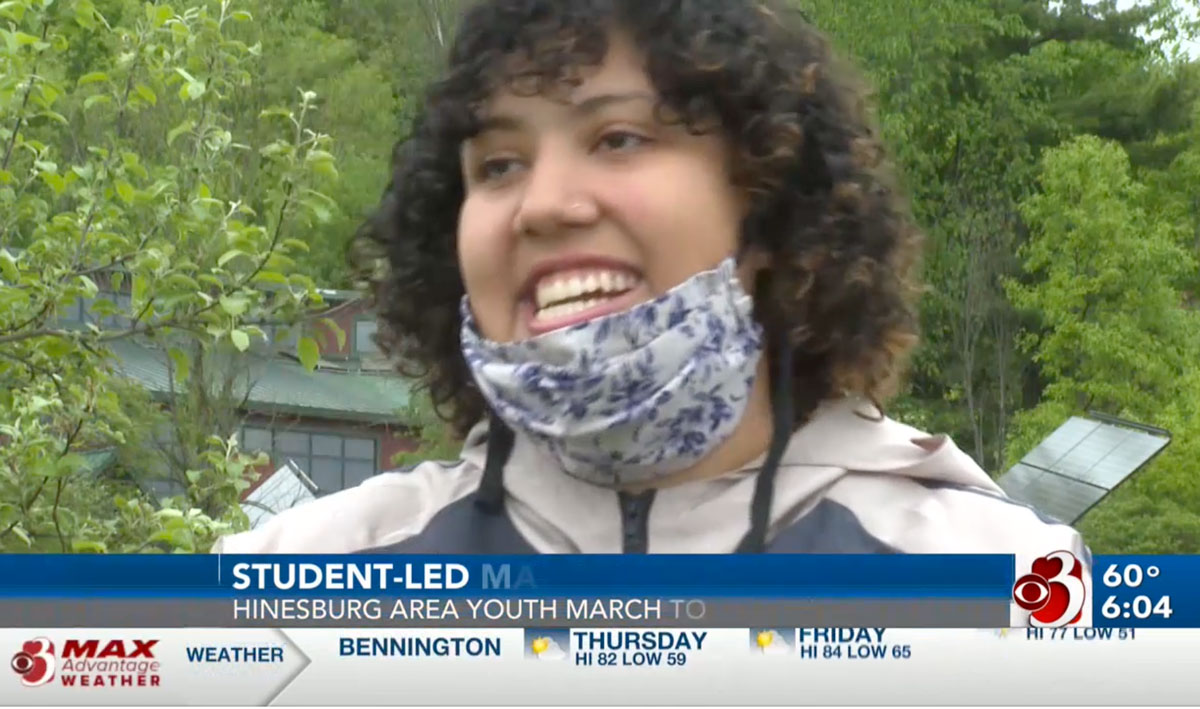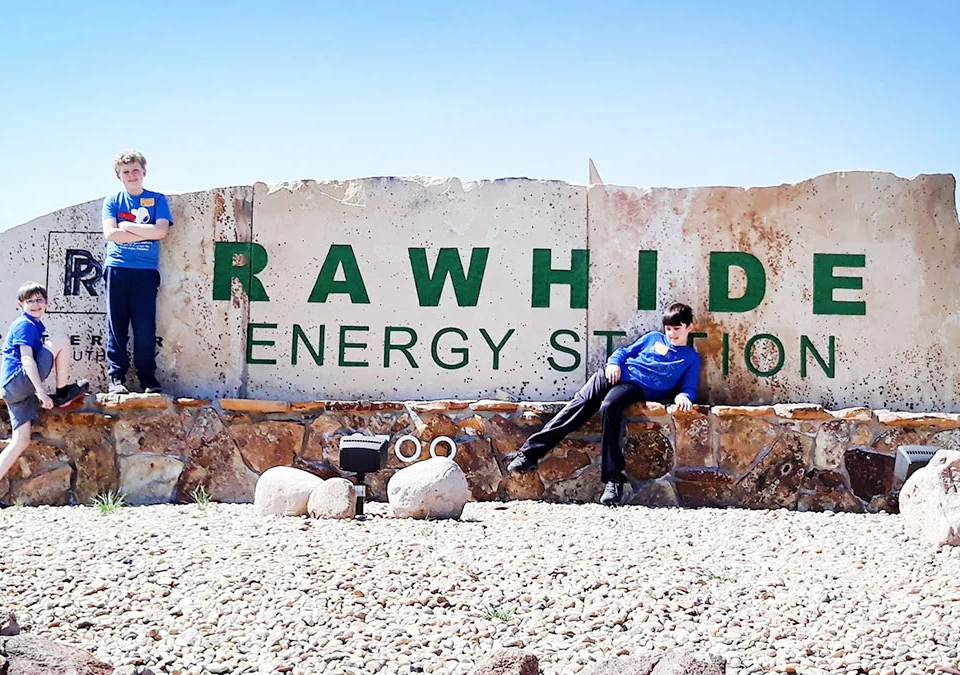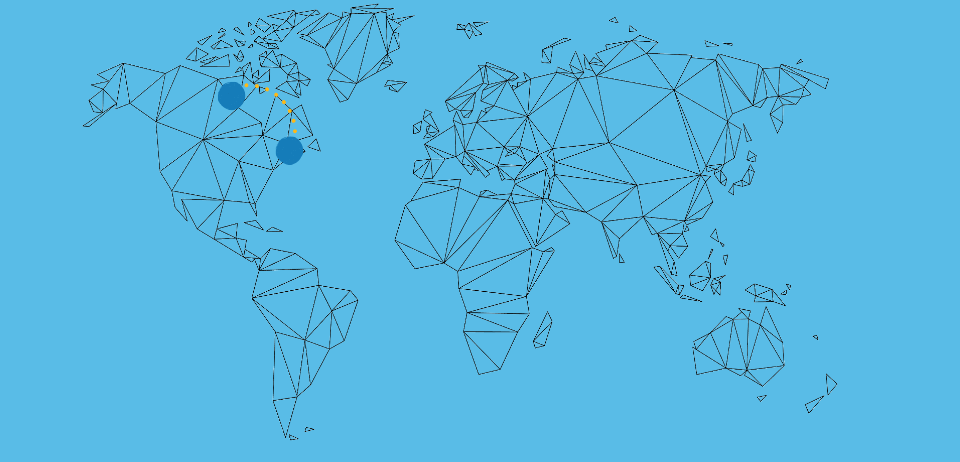Already a member? Log in to the Member Site at members.mastery.org.
Letter to Members and Friends — from the CEO
July 10, 2020Assessment Design
August 24, 2020MTC Voices: Student Profile
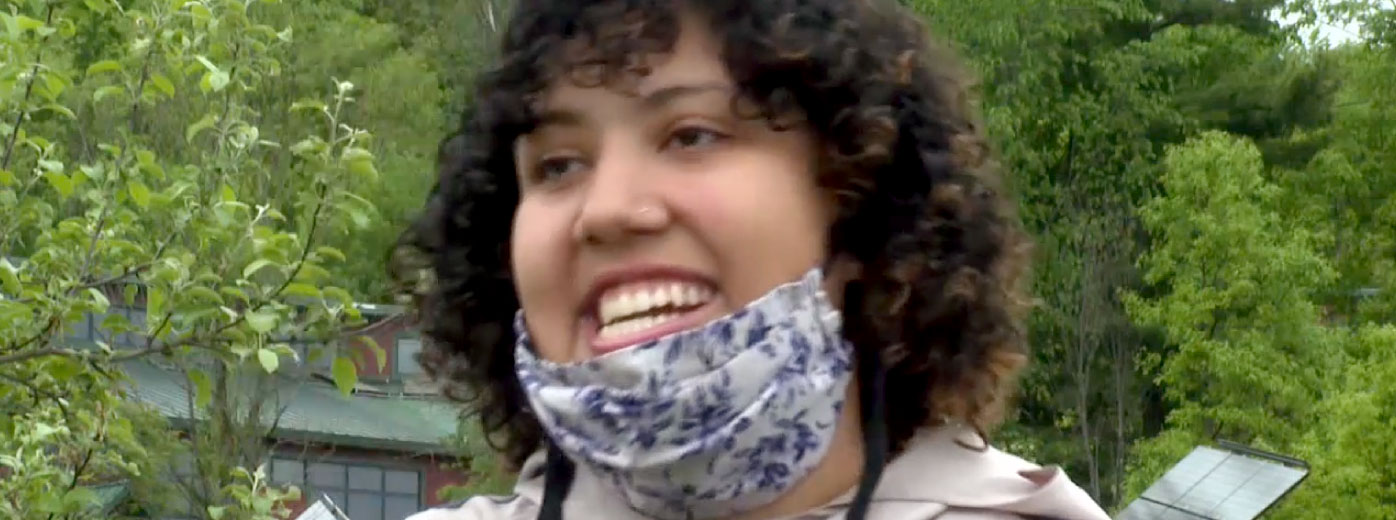

Conversation with Evelyn Monje
Rising senior at Winooski High School
What do you think of mastery learning?
EVELYN: I think it's been really helpful for me as a way to develop and showcase myself as both a learner and a person. It's also been an important way for me to expand my insight into who I am.
One of the programs I’ve really enjoyed and that has really helped me to showcase my work is the capstone program at our school. We have a couple of different capstones, which are senior seminars or senior classes, and they provide me with an opportunity to do more work outside of school and to show what I am really capable of doing. That opportunity has helped me to tap into my perseverance and numerous other attributes that I now believe the Mastery Transcript will help me to convey.
What are some of your accomplishments in high school that you are proudest of?
EVELYN: I'm a rising high school senior, but this year I'll actually be able to attend college in Vermont. A special program at our school allows qualified Winooski High School students to attend freshman year of college during their senior year of high school. It’s really unique, as you have to pass all the required high school classes to be able to enter the program. I was able to pass all of the classes I needed to attend early college, so I'm proud of my hard work to be able to do that—I could technically graduate early but this way I'm able to get more college credit than I would have otherwise been able to earn.
How are you connecting community service and community engagement to your studies?
EVELYN: A major way that I was able to do this was during our senior class called “communication capstone.” The premise is that you spend 30 hours outside of school working on your project and then you write a paper on it throughout the class and then give a presentation. That was one way that I engaged in community learning and volunteer work outside of the classroom. I was able to tie it back to my academics as well to further showcase who I am as a person.
You recently organized a Black Lives Matter Protest. What was it like?
EVELYN: The protest was part of the Black Lives Matter movement and in particular sparked by a Facebook message that a local woman had posted on her timeline about her experience at a restaurant in our area, where the owners had been pretty blatantly racist and had made blatantly racist remarks in public about something they had heard on TV. So my friend and I decided that we really wanted to make sure that we can expose and call out people for covert, overt, or systemic racism and have that conversation with people about the fact that racism is alive and (too) well today. And so we banded together with a couple of different organizations and worked on how to make it the most accessible and educational protest march it could be for our community.
Our work to organize the protest march took place during the course of a couple of weeks, and then we hosted the protest and marched our large group right past the restaurant. We did not stop or stay near the restaurant though, so as not to distract from our larger messages about racial justice. We had about 400 people attend, which was incredible, and I think my major takeaway was that when people get together, there are incredible things that they can accomplish. It just made me proud to be an involved human. The flip side of that is that I was also disappointed in the way that some humans choose to exist. But I think my major takeaway was how powerful a group of people can be together.
Do you see any connections between antiracist work and a move toward more Mastery Transcripts?
EVELYN: Totally yes. I think a major challenge in our education system is that numbers are how we currently define students. I think for sure that approach negatively impacts Black students specifically because statistics show their test scores might not be as good. The ways in which Black students are oppressed could negatively impact the way their transcripts look. I think a transcript that allows Black students the opportunity to showcase the things that they do--like the fact that they might work in a range of settings, including working multiple jobs or babysitting younger siblings--enables them to showcase their perseverance and the hard work they do both in and out of school. I think a transcript like this really helps students tell colleges about the person they are, which definitely benefits students. I do believe that a “number system” leaves too many students at a disadvantage.
Changing gears back to Mastery Transcript, how are you feeling about using the Mastery Transcript for college admissions this year?
EVELYN: I've done some work with the Mastery Transcript so far, as a rising senior, in terms of looking at the interface, how to use it, and how I might best portray myself. I'm excited about the opportunity. I have some classmates who got to use it themselves during the pilot year in 2019-2020, and they were thrilled to gain acceptance to colleges of their choice. They said that it worked really, really well and that admissions were excited to learn more about them--and that it gave colleges a better view of who they are as a person. I am really excited about the opportunity to show colleges who I am as a person.
Are there any specific things that you feel like wouldn't show up on a numerical, traditional transcript that you feel like you will be able to showcase because of the Mastery Transcript?
EVELYN: Yes almost all of it. I'm really not a numbers person. I really like the visuals that the new transcript has, and I like the way you can click through into deeper information. I love the case studies and evidence sections because you can include a range of work you do outside of class. I just think those areas allow people to see students and humans so much better. I think that will really benefit me because, as much as I do get good test scores, it's always useful to be able to convey how and where else I work hard, beyond just getting good scores. So it's not just that I score well and I do my homework well, but it's also that I am a steady and solid person as well.
Can you talk a little bit about the activities that you do outside of school?
EVELYN: I'm currently part of an antiracism group, which is a major chunk of my life right now. I'm also part of another organization called Rooted Organizing Community (ROC), and this coming semester we're working on integrating into more schools. My role will be as a facilitator of antiracism education for younger, elementary-aged kids. I also work on a farm as a summer camp counselor. This is my fifth year doing that, and I haven't been paid until this year. Most of the work I do outside of school is all volunteer. I work with kids a lot in this role, which has really ignited my passion for working with and helping kids in the future. One of the major things we did this summer, for example, is to share an antiracist book collection with the kids, who range in ages from 5 to 12. We then read a number of the books to them regularly. It was a really powerful experience for them and for us.
What do you think you want to do in the future after college, college major?
EVELYN: In the future I really want to work with kids in some capacity. I'm really looking into social work, but a lot of the work I've done lately has made me want to be a politician or a lawyer. This would hone in on what I feel is a calling to help people, where I'm up close and doing meaningful, hands-on work … work that is able to bring about real change. So that's my view right now, as I begin looking at colleges and wondering what they can offer me in those fields.

